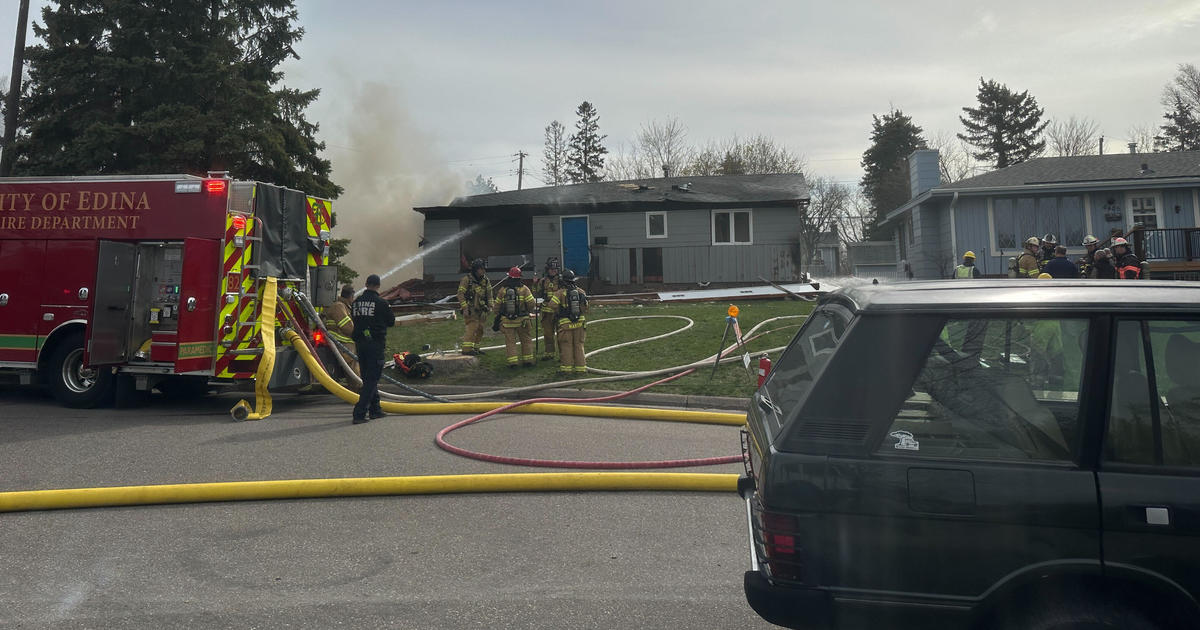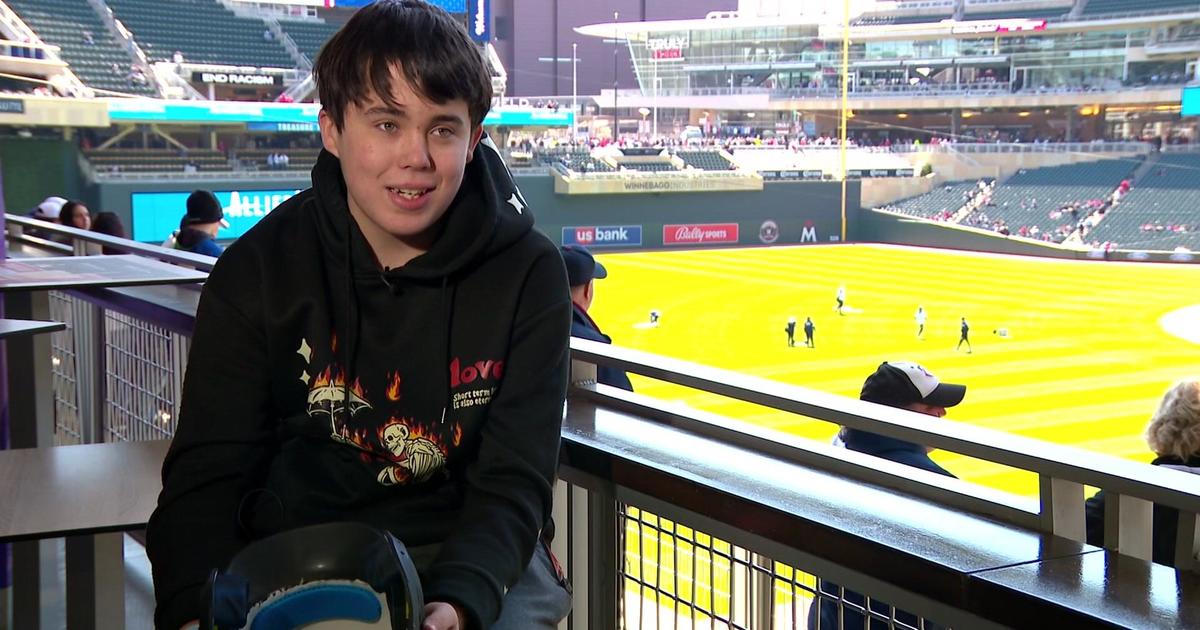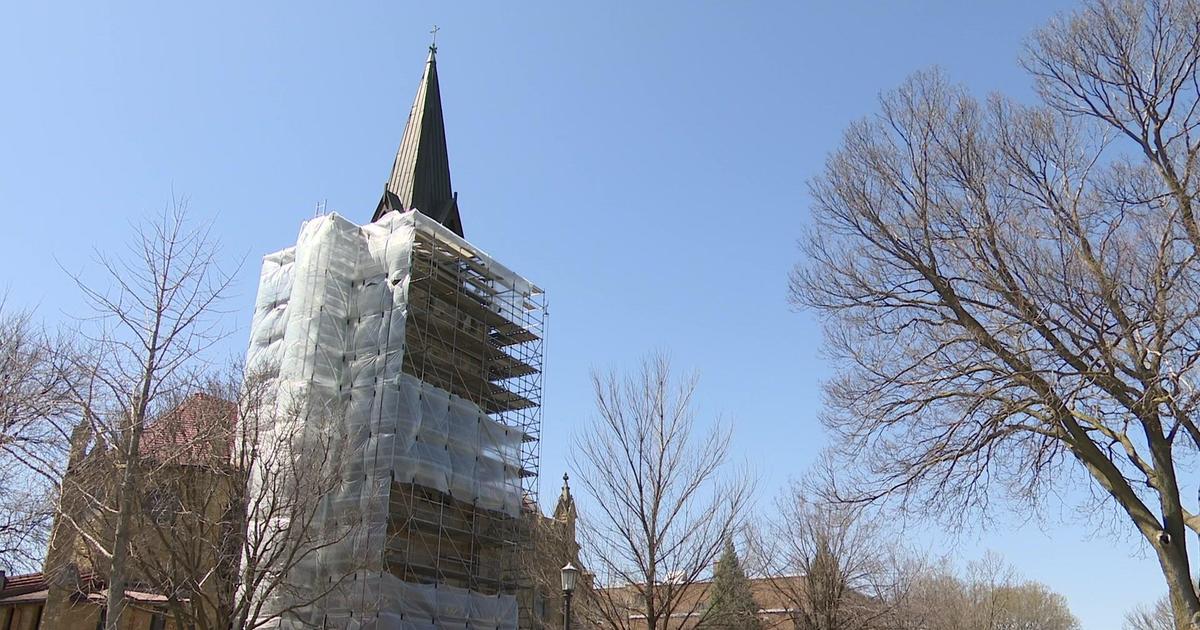State Mulls East Metro Safe Drinking Water Plans In Aftermath Of 3M Pollution
MINNEAPOLIS (WCCO) -- Perfluorochemical compounds used by Minnesota-based 3M in a variety of chemical coatings were intended to make everything from cookware to clothing, stick and stain resistant.
Unfortunately, the disposal of PFC waste in four east metro landfills also contaminated Minnesota's groundwater.
At a meeting Friday with representatives of the Minnesota Pollution Control Agency, the Minnesota Department of Natural Resources and the Minnesota Department of Health, plans are about to be unveiled to address the contamination dilemma.
"These are scenarios we've run. They're not final recommendations, they are estimates," Assistant MPCA Commissioner Kirk Koudelka said.
Koudelka held a briefing to prepare public release of the state's action plan. Using $850 million from a settlement reached with the company, state regulators are looking for projects that will spend it most effectively and efficiently.
A variety of projects that will assure 174,000 residents of the affected area, who are on both municipal and private wells, long-term options for safe and dependable drinking water.
Koudelka made clear that while drilling deeper wells may be part of the solution, it's far from the only one. Eight municipalities have their own drinking water systems, combined with 6,000 private wells.
"There are lower aquifers but that brings other types of issues. There are natural contaminants to address, concerns also about do we open up the aquifers to contaminants from higher up aquifers," Koudelka said.
Interactive maps currently show the locations of 1,000 private wells under health advisories due to chemical contaminants. The largest cluster border along Interstate 94 to the St. Croix River. Also the area surrounding Lake Elmo Regional Park and in several neighborhoods of Cottage Grove.
Hundreds of homes are already getting deliveries of bottled water, or have had carbon filters installed. Those systems can cost around $2,500 and require annual filter replacement.
"We don't want a treatment system that creates a waste stream that creates a problem further down the line," Koudelka said.
Still, granulated activated carbon filtering systems will be compared with the yet to be approved, ion-exchange system for greatest effectiveness and lowest cost. And along with deeper municipal well or connecting water service with non-affected cities, a combination of options will likely be part of permanent fix.
Before final selection is made in May, the state will be holding a series of working group sessions and meeting with affected communities.
Pubic listening sessions are scheduled for Feb. 25, Feb. 26 and Feb. 27 in Woodbury, Lake Elmo and Cottage Grove.
Click here for more information: https://3msettlement.state.mn.us/



